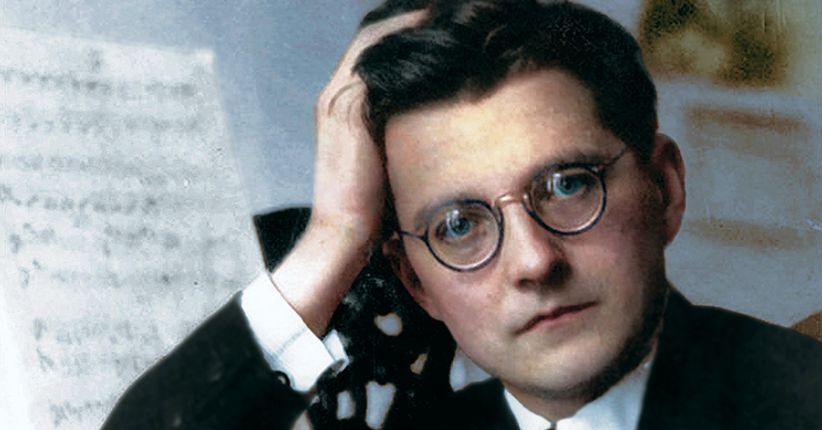
Top 10 Shostakovitch Songs
Dmitri Shostakovich (1906-1975) stands as one of the most influential composers of the 20th century, known for his intense, complex, and often politically charged music.[…]
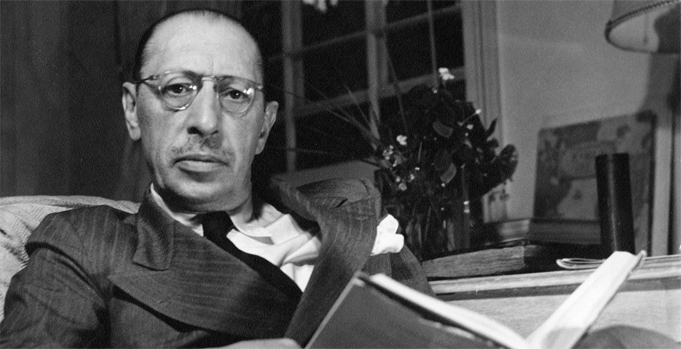
Top 10 Stravinsky Songs
Igor Stravinsky (1882–1971), a seminal 20th-century composer, revolutionized music with his innovative approach to rhythm, harmony, and orchestration. His diverse body of work spans multiple[…]
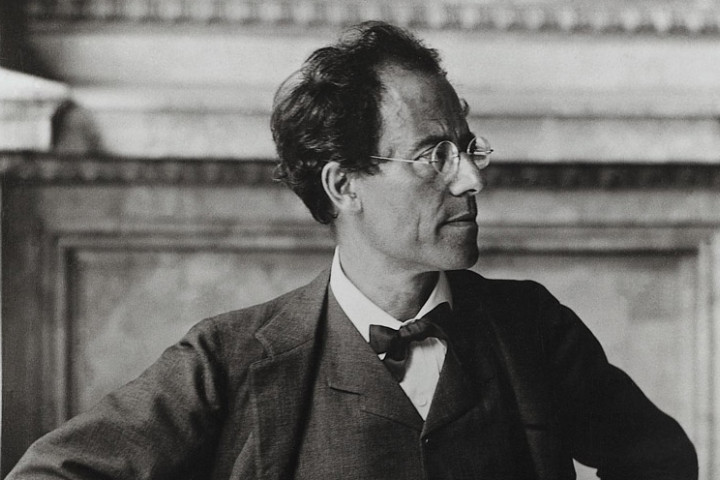
Top 10 Mahler Songs
Gustav Mahler (1860–1911) stands as one of the most profound and influential composers of the late Romantic era, known for his expansive symphonies and emotionally[…]
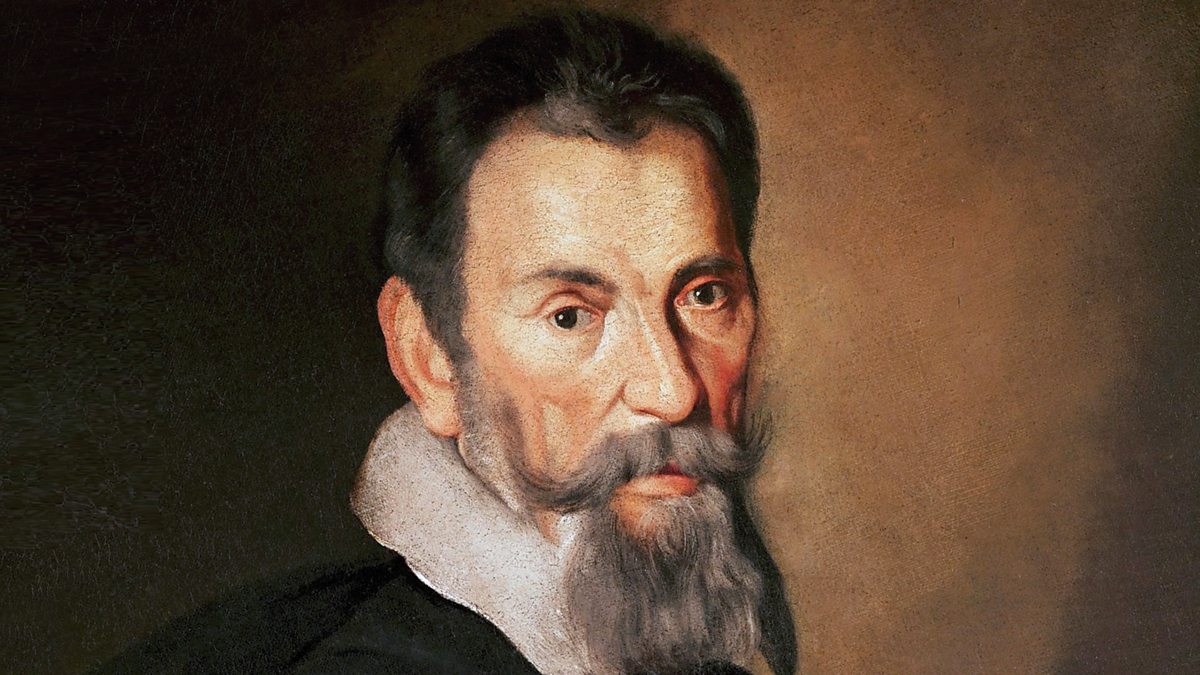
Top 10 Verdi Songs
Giuseppe Verdi (1813-1901) is one of the most celebrated opera composers in the history of classical music. His works, known for their powerful melodies, intricate[…]
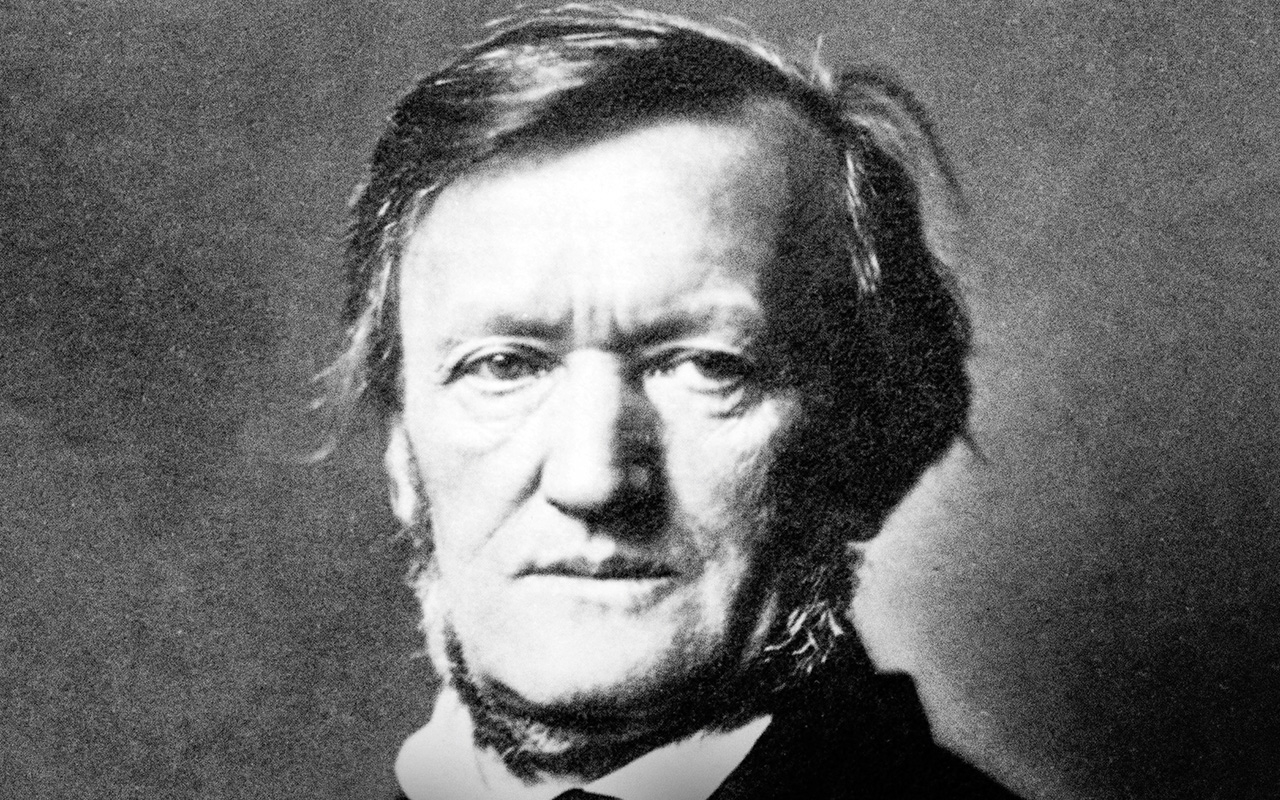
Top 10 Wagner Songs
Richard Wagner (1813-1883), a towering figure in the world of classical music, revolutionized opera through his innovative use of leitmotifs and orchestration. His works, characterized[…]
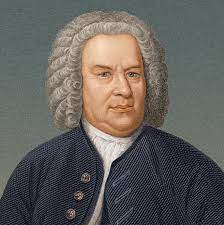
Top 10 Bach Songs
Johann Sebastian Bach (1685-1750) stands as one of the most celebrated composers in the Western classical tradition. His work, characterized by intricate counterpoint and profound[…]
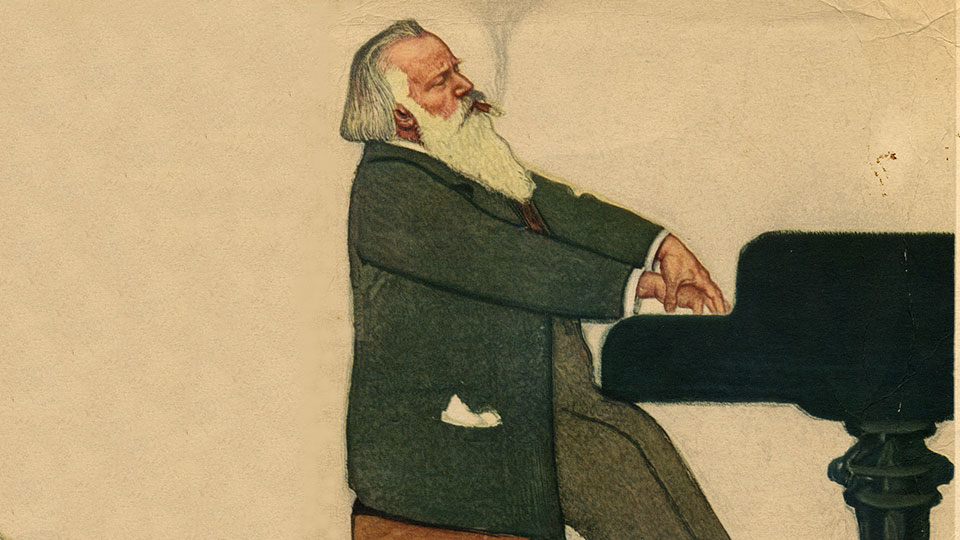
Top 10 Brahms Songs
Johannes Brahms (1833–1897) stands as one of the towering figures in classical music, celebrated for his deep, complex compositions that marry technical mastery with profound[…]
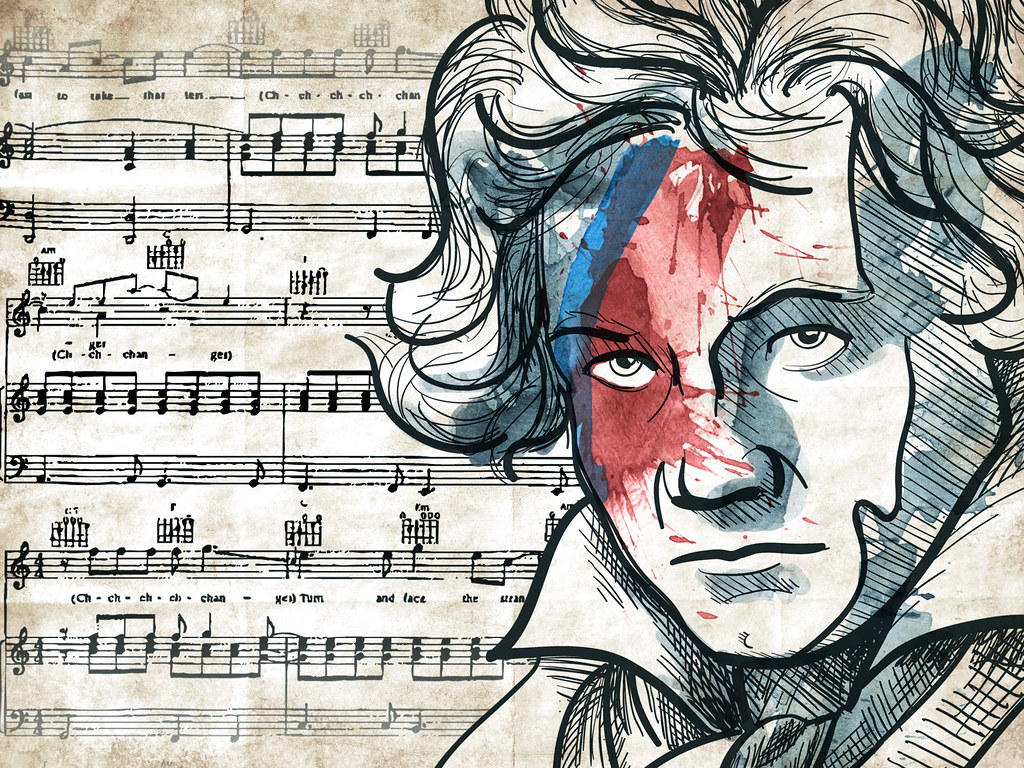
Top 10 Beethoven Songs
Ludwig van Beethoven, one of the most influential composers in Western music, bridged the Classical and Romantic eras with his innovative compositions. His works are[…]
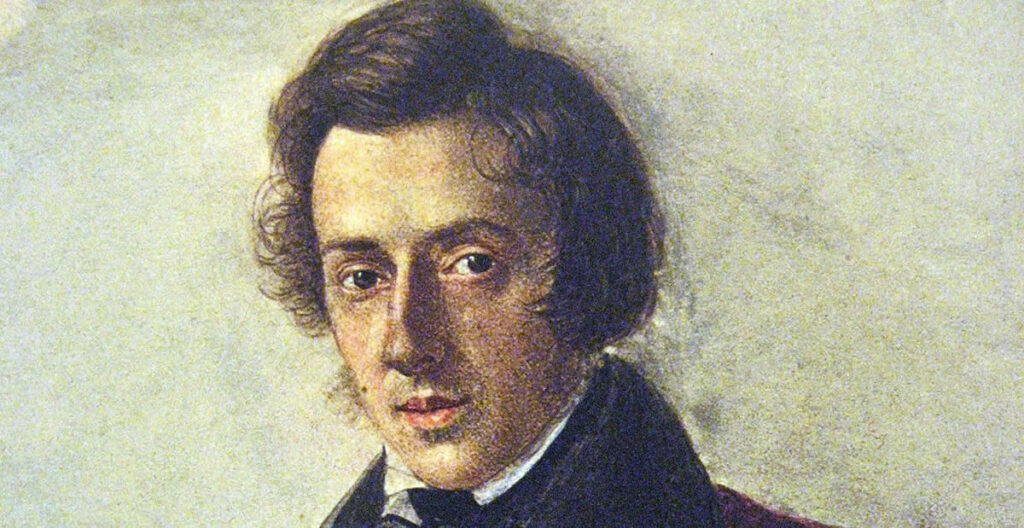
Top 10 Chopin Songs
Frédéric Chopin, the Polish composer and virtuoso pianist, is celebrated for his profound contribution to piano music. His compositions are characterized by poetic expressiveness, technical[…]
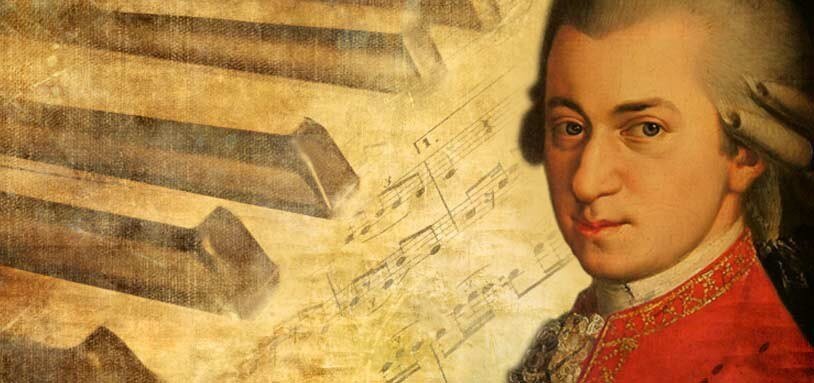
Top 10 Mozart Songs
Wolfgang Amadeus Mozart (1756-1791), a prolific and influential composer of the Classical era, is celebrated for his exceptional ability to blend beauty, complexity, and clarity[…]